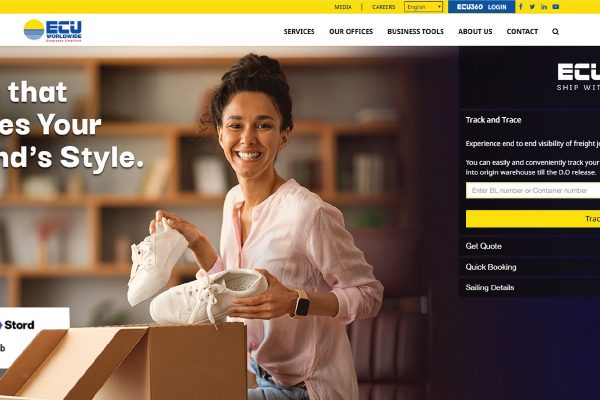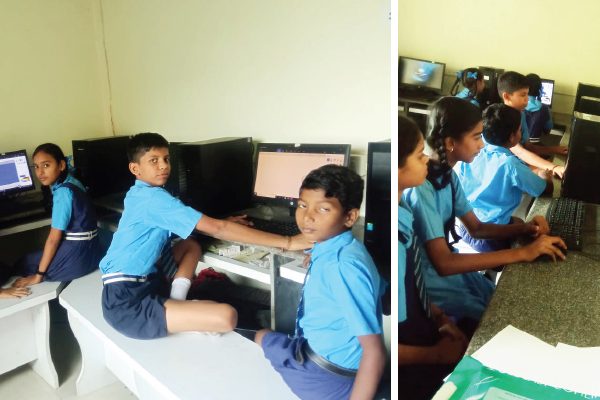In a heavily male dominated industry like logistics, women are in need of that extra push to make it a more diverse space. Efforts are evident from within the industry with logistics giant Allcargo Group setting an example with its pro-women approach.
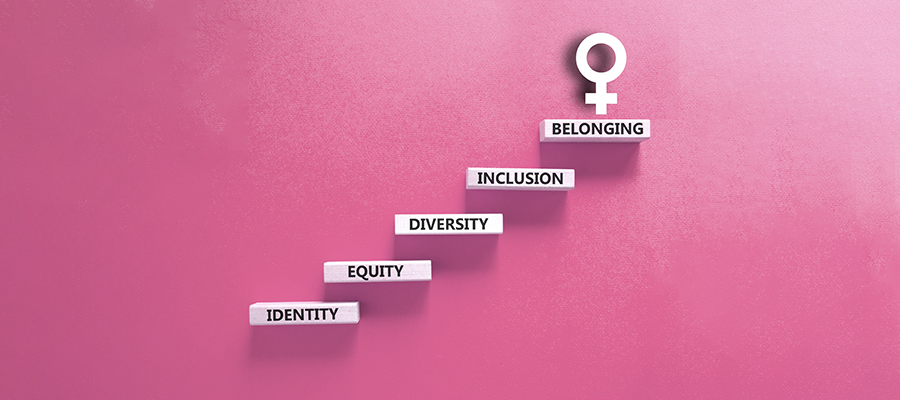
The glass ceiling is today a highly contested space with women staking their rightful place in the boardroom as well as behind the steering wheel. The last century has seen giant leaps the world over for women’s rights to work, vote, and live as equals. However, a good fight cannot be fought alone. As a responsible, progressive, corporate entity, Allcargo Group – one of India’s largest end-to-end integrated services providers – believes in allyship, in enabling and empowering women to achieve their full potential.
As per a study by Gartner, women constitute 41% of the supply chain workforce, but yet only 15% of executive roles are held by women. There are various factors that could be limiting them, such as normative expectations of fulfilling domestic duties, apprehensions of working in a male-dominated environment, lack of support, etc. to name just a few.
Empowering women employees
Allcargo has been taking efforts to create a more diverse and inclusive space with various thought-provoking initiatives.
Its global subsidiary, ECU Worldwide, already has 56% women on its rolls – a testament to how conducive an environment it is for them. In its India offices, strong strides in the right direction are being taken.
Restart is a programme conceptualised to enable those women who have taken a break in their careers to nurture their families, and to ease back into the workforce. They are mentored and supported in their new roles, enabling them to balance work and family life better.
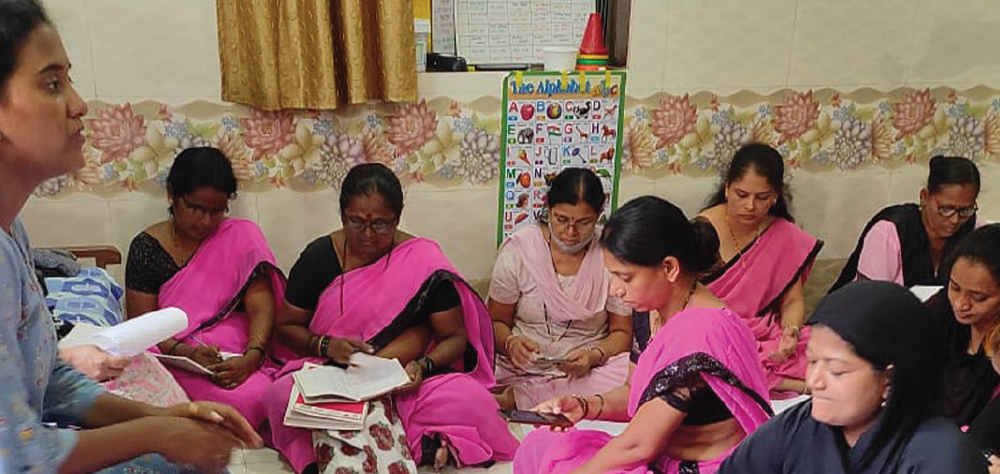
Further, at senior levels as well women are represented as they serve on the Boards of all group companies.
Enabling women to work in the rather male-dominated bastion is all-women shifts in 11 operating units of the group company, Gati, which is renowned for its express logistics prowess. In addition, various job openings look to exclusively hire talented women, and women referral programmes are also in place to encourage more women to take up careers in supply chain management.
Moreover, Allcargo Group regularly supports women focussed thought leadership programmes such as the Maritime SheEO Conference, to enable them to come together, network, and help build each other up.
Enabling women in the community
However, understanding that it’s not just women in the office who need to be empowered, Allcargo through its CSR arm, Avashya Foundation, has been working to empower women from marginalized communities.
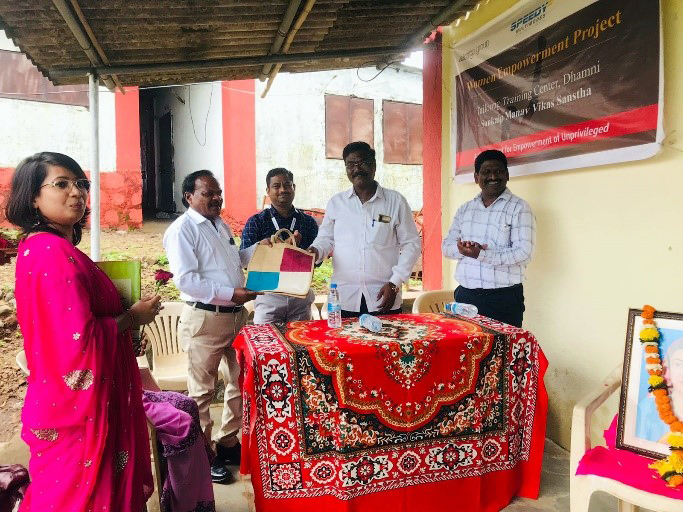
Through SABLA, women in Mumbai’s slum areas are supported with better sanitation facilities, menstrual hygiene, as well as nutritional awareness. Considering that these women are often susceptible to violence, awareness sessions on sexual harassment are carried out through free camps, in over 11 suburban localities to benefit more than 4000 underprivileged women and girls. Further, health camps and awareness sessions focussed on women’s well-being are regularly conducted, along with camps for women in the age group of 11 to 40 years to give them training on life skills, women’s safety, fire safety, and first aid.
Gati has also been supporting Seva Bharathi – Run for the girl child, consistently for four years. This project aspires to build a better future for girl children living in difficult circumstances through continued access to our support for a better life. Funds raised through this initiative are used to support the expansion of the Kishori Vikas Project and the development of girl children.
Enabling women in sports
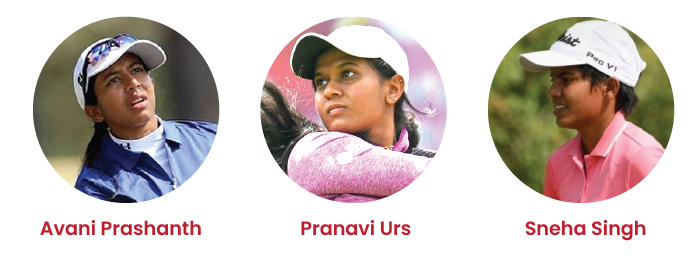
Being an organization that walks the talk, Allcargo has also been supporting three lady golfers Avani Prashanth (16). Pranavi Urs (19), and Sneha Singh (18) over the past year, to enable them to focus on the game and win laurels for the country, which they have been doing. Recently, Avani created history as she won the Queen Sirikit Cup in Manila. She is the first Indian to win it in the 43-year history of the tournament, and with the Indian team overall finishing second, it was the best finish to date for India too. The 10-stroke margin is the highest margin of victory in the tournament’s history of 43 years. Similarly, Pranavi and Sneha are also working hard to make India proud in the international arena.
Conclusion
As the world becomes more aware of the need to be more diverse and inclusive, it is multipronged initiatives like these that enable change at all levels to lessen the gender gap in multiple spheres – the corporate, the community, and in sports.







